- Admissions
- Academics
- Student Life
- About Us
- Athletics
- Alumni
- Giving
- TOOLS & QUICK LINKS
- College Resources
- Students
- Canvas Login
- Banner Self Serve
- Counseling Services
- Financial Aid
- Bookstore
- Cancelled Classes
- Student eMail
- Activities & Clubs
- Accreditation
- Faculty & Staff Resources





